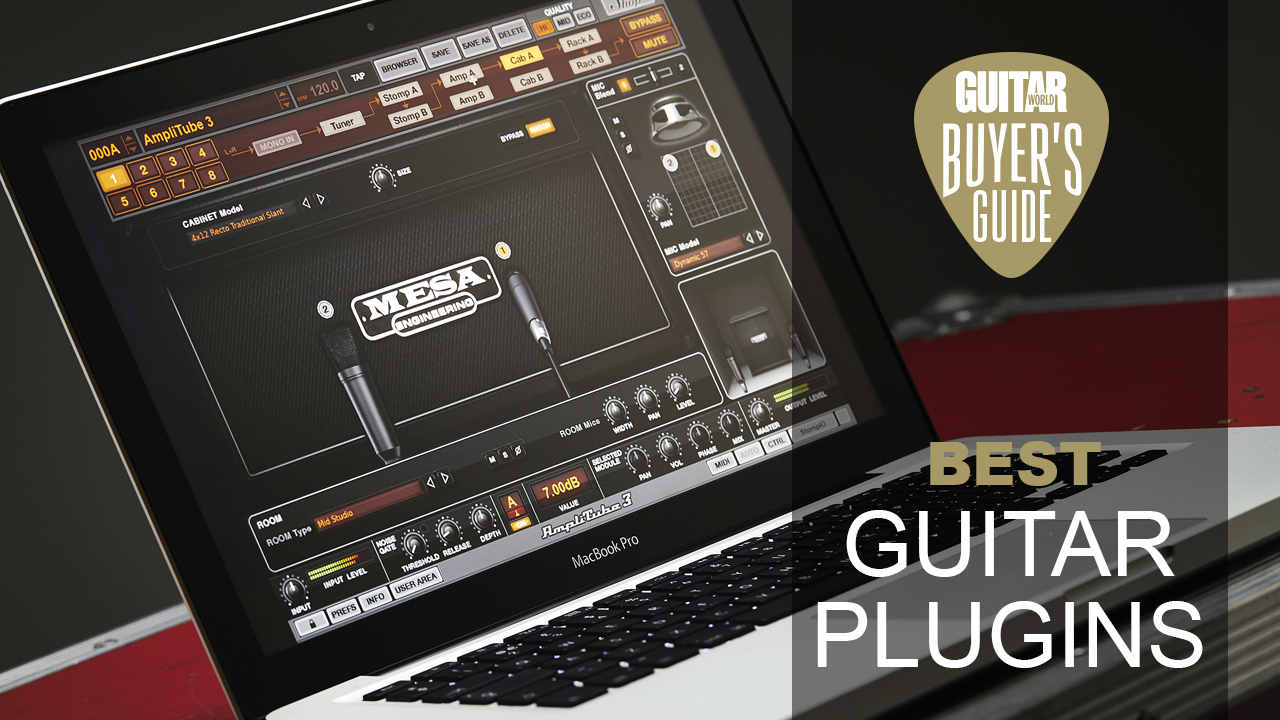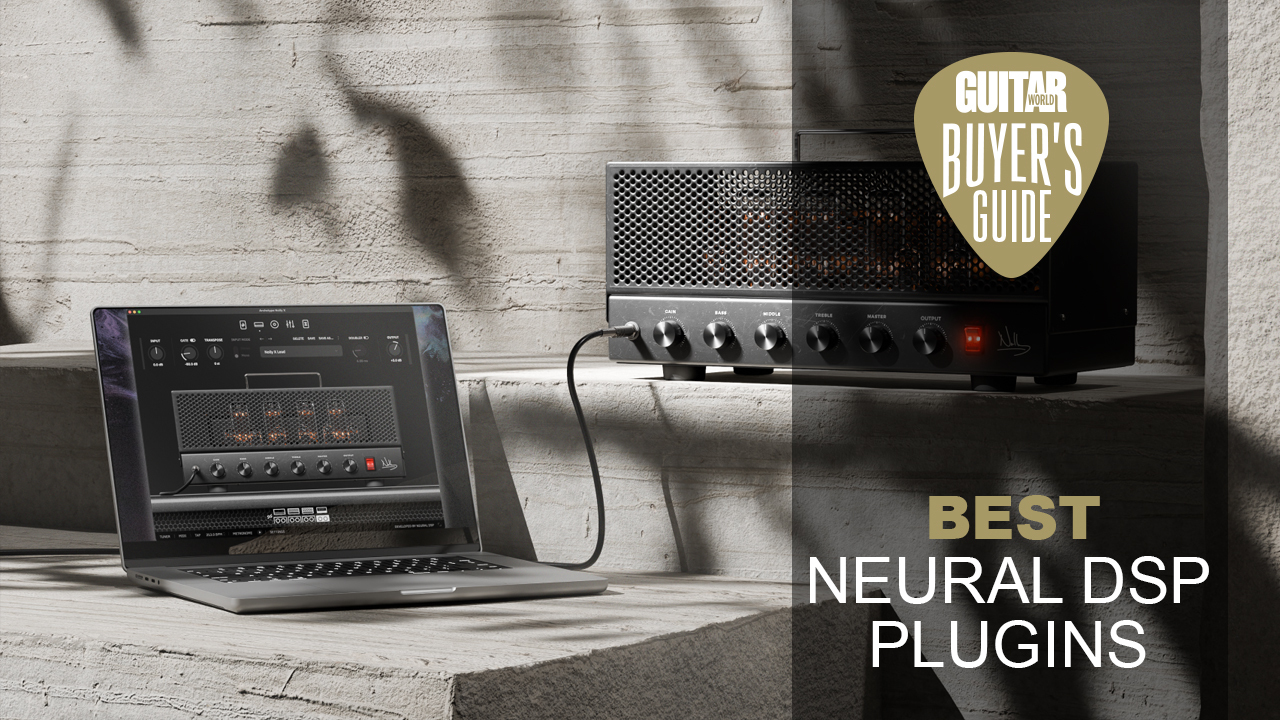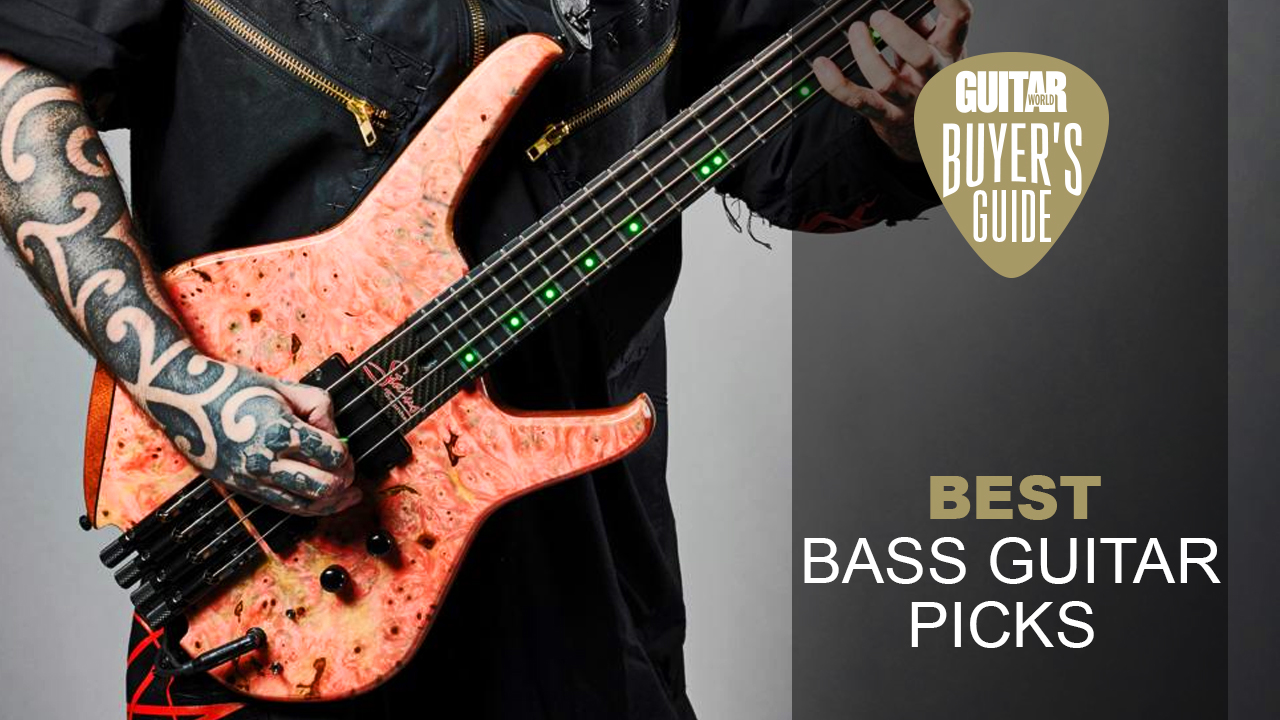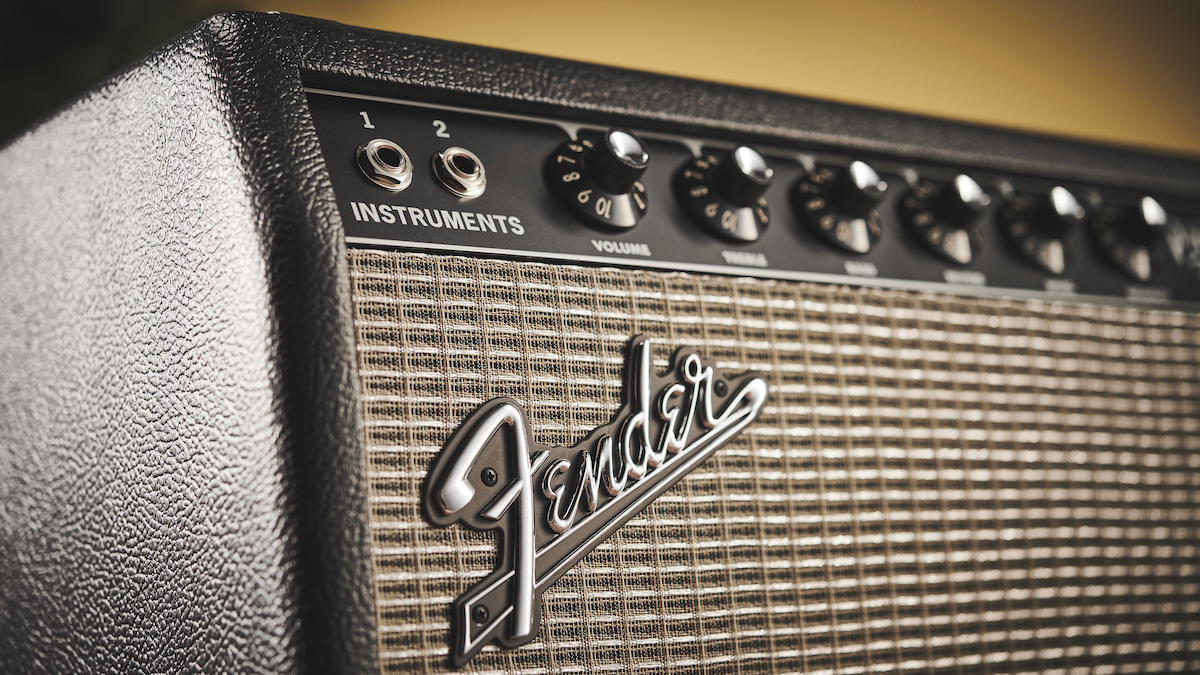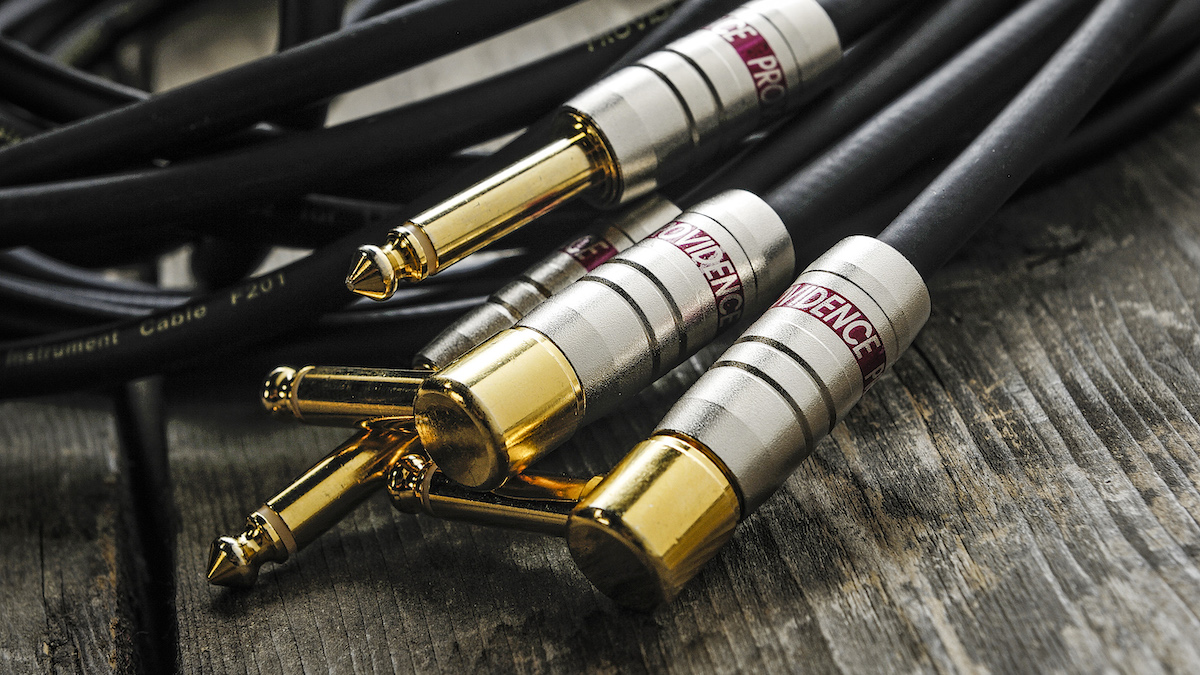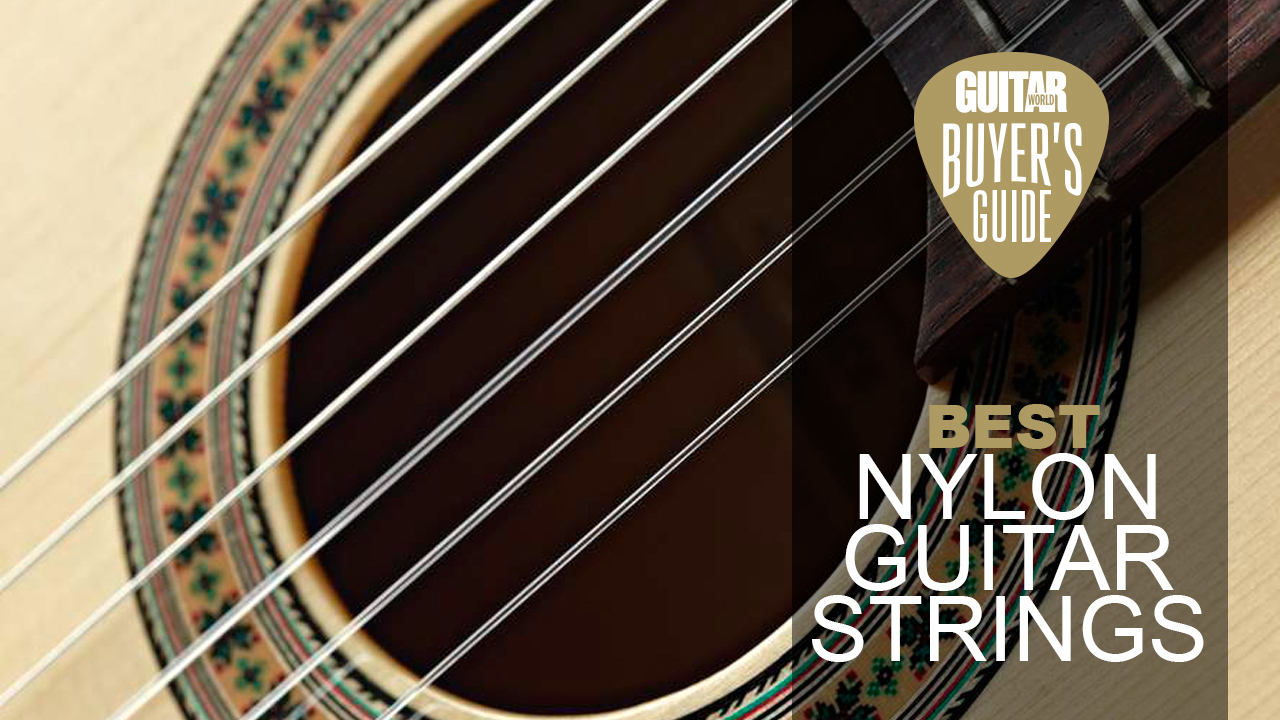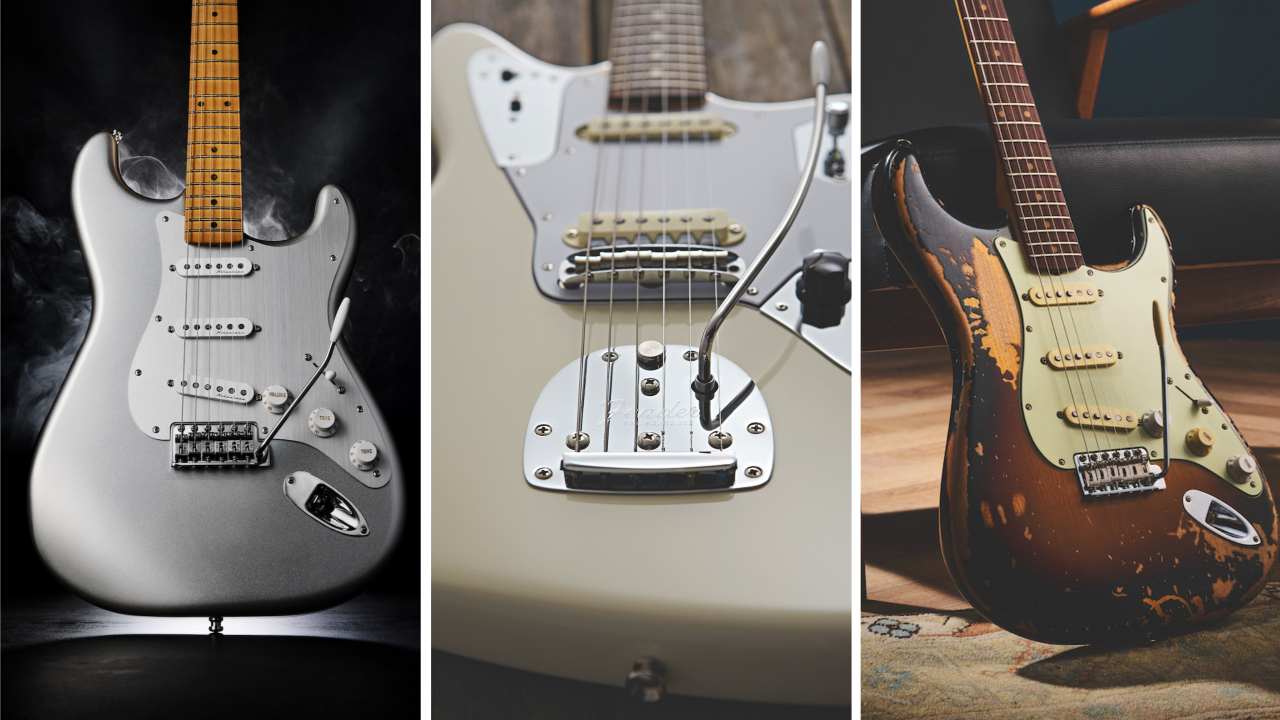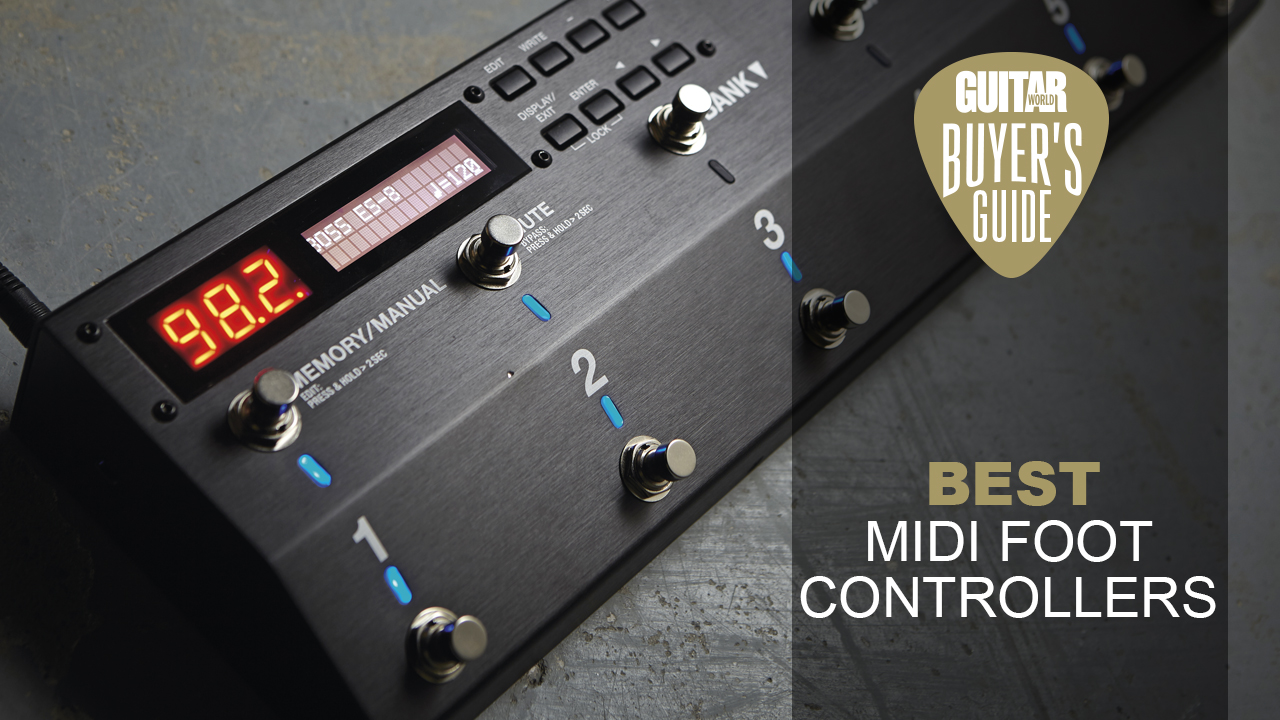Best Yamaha acoustic guitars 2025: our pick of Yamaha acoustics to suit all players
Our top picks from perhaps the most under-rated of the big acoustic brands
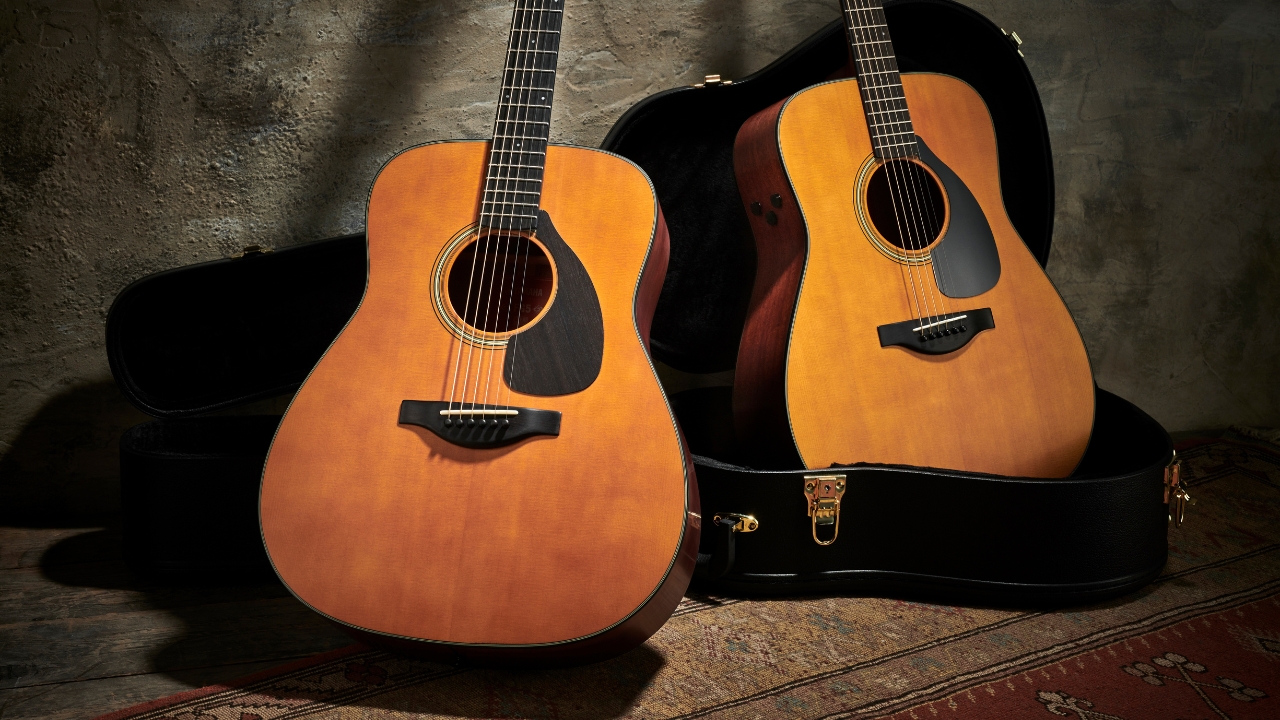
1. The quick list
2. Best overall
3. Best budget
4. Best for beginners
5. Best electro-acoustic
6. Best for practice
7. Best nylon string
8. More options...
9. Buying advice
10. How we test
Although they don't seem to attract the same amount of attention as big American acoustic guitar builders like Martin and Taylor, the best Yamaha acoustic guitars are just as capable of competing with these big names on a variety of levels. So whether you're new to the instrument or you're a seasoned veteran, a Yamaha acoustic guitar is a great option for any guitar player.
We've tested a myriad of Yamaha acoustics, giving us a great overview of what's available, and what's worth your money. Yamaha acoustics deliver phenomenal build quality and are typically excellent value for money, but if you're after the very best Yamaha acoustic money can buy, you should check out the Yamaha FG9M. If that price tag has got you wincing, don't worry, the Yamaha FG800 delivers a solid top and phenomenal sound for a much more reasonable price.
We've included some expert buying advice at the end of this article for those of you who are new to the instrument or brand. If you already know your stuff, then just keep scrolling to see our top picks...
The quick list
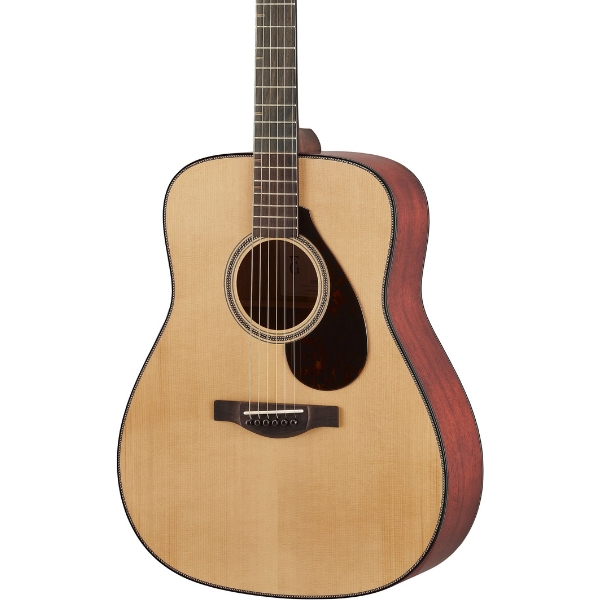
If you're looking for a brilliant quality acoustic guitar, we'd go for the Yamaha FG9. Its subtle look belies an incredible depth of quality and a humongous sound driven by a traditional wood combo matched with modern build specifications.
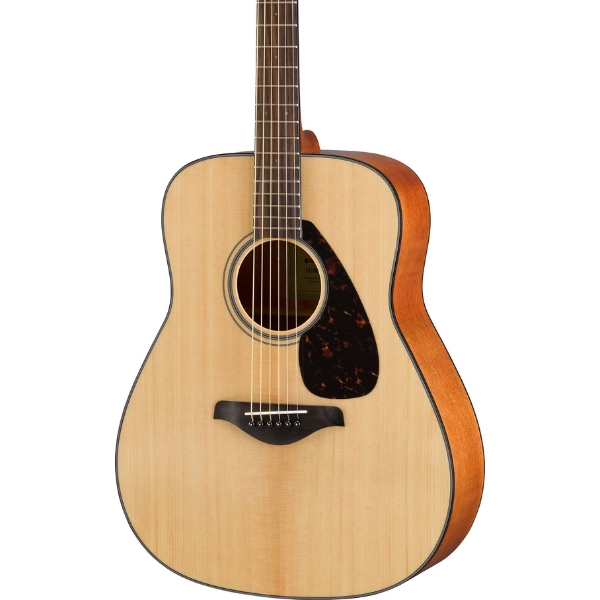
One of the best-selling acoustic guitars of all time, the Yamaha FG800 remains popular thanks to its combination of solid Spruce top and excellent value for money. It's a beginner-spec guitar but still sounds fantastic with plenty of projection too.
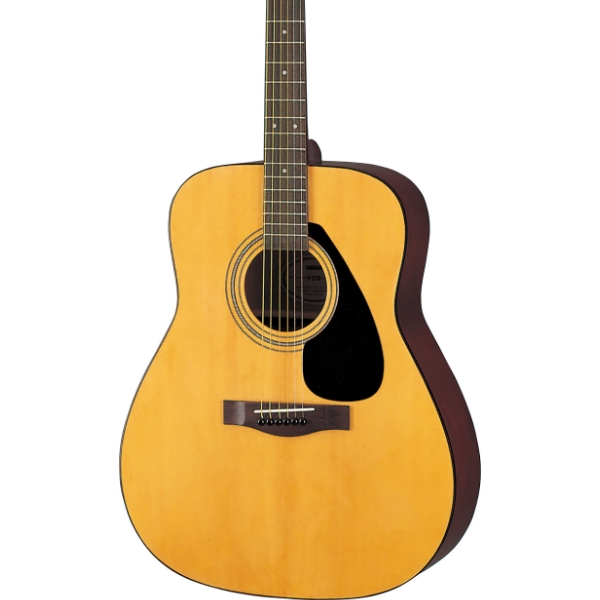
For beginner players looking to take their first steps with the instrument, the Yamaha F310 is a brilliant choice. Combining low cost with outstanding build quality, it's an instrument that will guide you through the first part of your guitar journey.
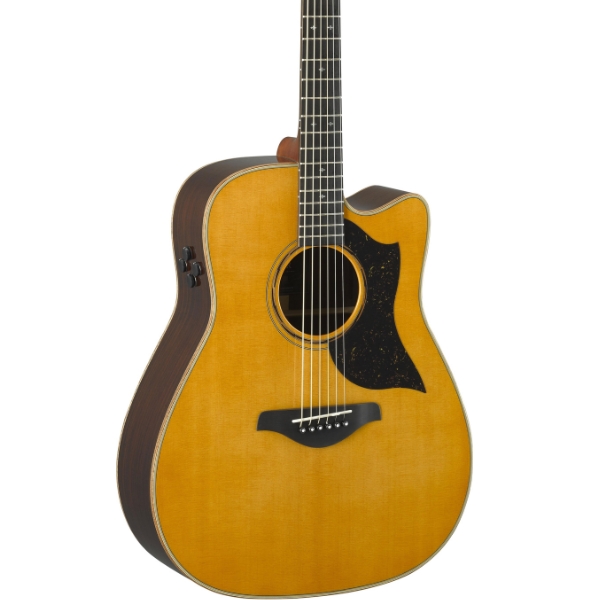
If you're playing live, the Yamaha A5R ARE sounds phenomenal when plugged in. Featuring an SRT2 preamp with mic modeling tech, it makes your guitar sound as though it's coming through an expensive Neumann or Royer microphone, great for gigs.
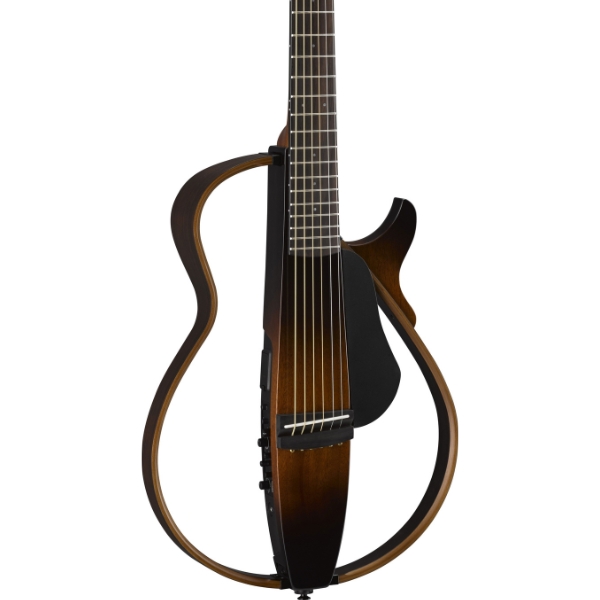
Practicing with an acoustic guitar is nigh-on impossible if you don't want to disturb others - until now. The Yamaha SLG200S allows you to keep your chops in shape at any time, thanks to its under saddle pickup and modeling technology.
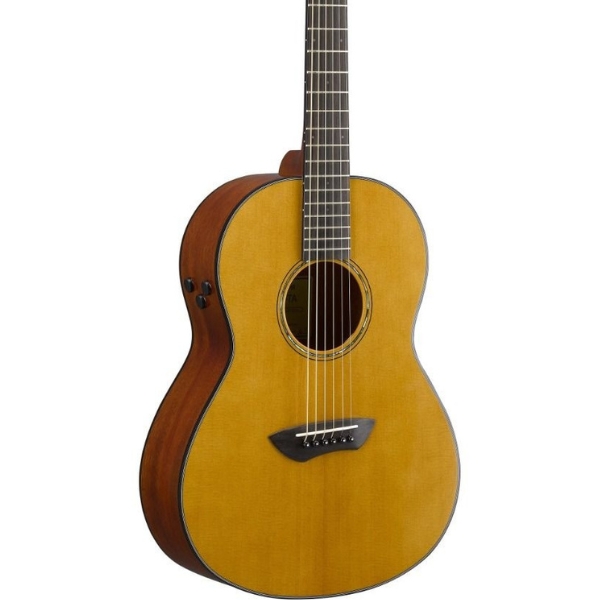
The Yamaha CSF-TA is a great option if you're looking for a classical guitar, thanks to its excellent playability and unique TransAcoustic technology. We love the flat fretboard and low action, making it great for those huge classical chord shapes.
Best overall
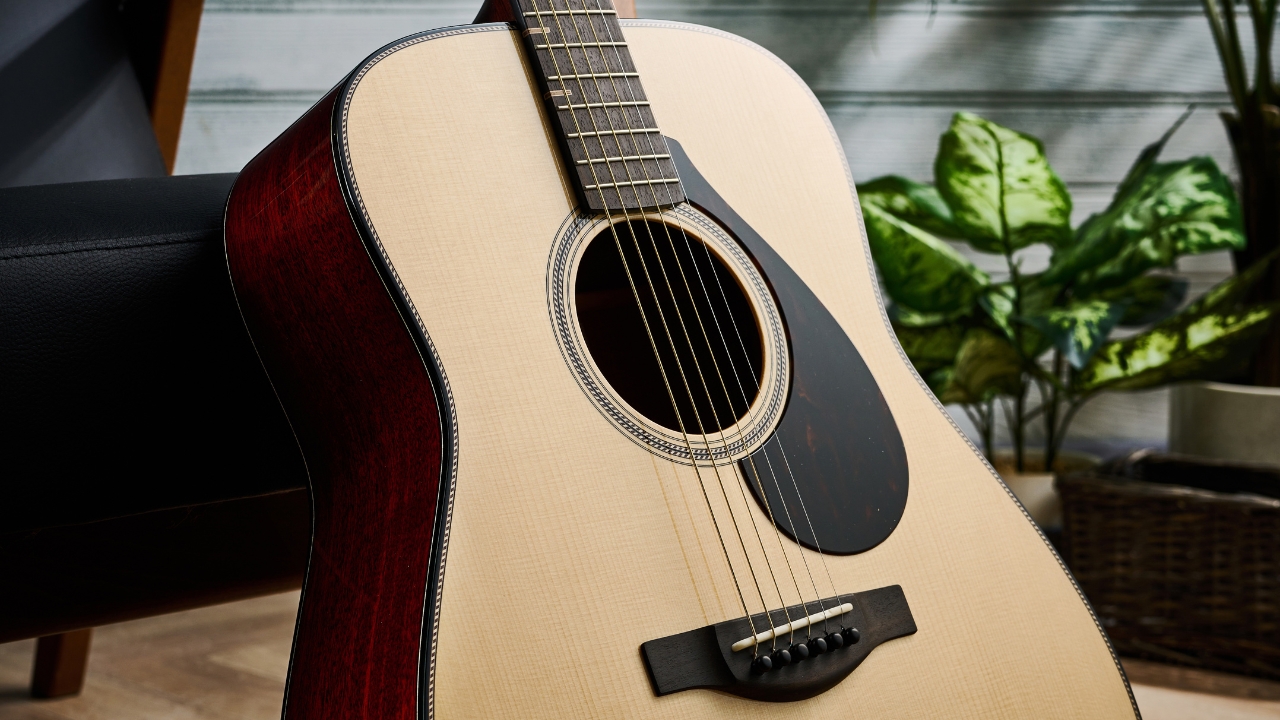
Specifications
Reasons to buy
Reasons to avoid
Proof that Yamaha can make a premium acoustic at the Taylor and Martin level, the Yamaha FG9 is a superb instrument whose relatively plain looks hide a premium offering. Available in both Mahogany and Rosewood versions, we tested the former and found it to be an alluring instrument indeed.
The solid Adirondack spruce top and African Mahogany combination is a tried and tested one, complemented by a bolt-on Mahogany neck and Ebony fretboard. It’s all brilliantly put together, and we love the minimalistic styling, especially the fret markers that double as side dots.
Despite the plain looks it’s got an attention-grabbing sound when you strum it, with a tight and focused low end that you can really feel when you strum hard. The mids have a subtle scoop, but hold their own nicely against the lows and highs creating a nice balance. The sound is rich, complex, and incredibly loud, even when picking softly. It’s a stunning instrument, and one that easily competes with the bigger names of the acoustic guitar world.
Read our full Yamaha FG9M review
Best budget
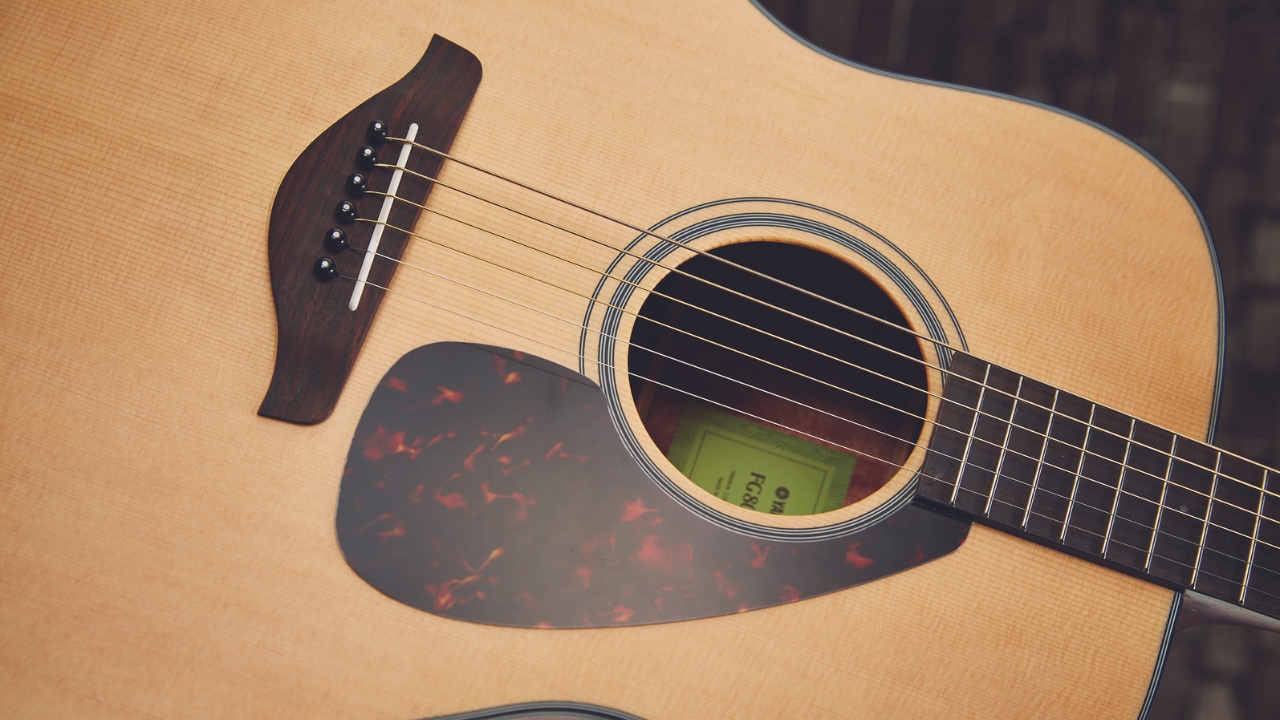
Specifications
Reasons to buy
Reasons to avoid
Far from being one of the best Yamaha acoustic guitars, the Yamaha FG800 is one of the best beginner acoustic guitars of all time. The FG series has been around since the 60s and has remained ever-popular since, thanks to its combination of premium-level features at a bargain price point.
Featuring a solid Spruce top, something typically reserved for pricier acoustics, you get a much better tone than that of a cheaper, laminated top that you usually find at this level. The back and sides offer some cost savings by using ‘Nato’ a cheaper type of wood, but it’s all so well put together you won’t really notice and lack of quality as a beginner player.
The FG800 offers excellent projection thanks to the scalloped bracing, delivering a warm and well-rounded guitar tone. It doesn’t have as much high-end sizzle as some more expensive options out there, and the lack of electronics may put some off, but considering the price, you’re getting a great-sounding, well-built, and ultra-playable acoustic for relatively little money.
Read our full Yamaha FG800 review
Best for beginners
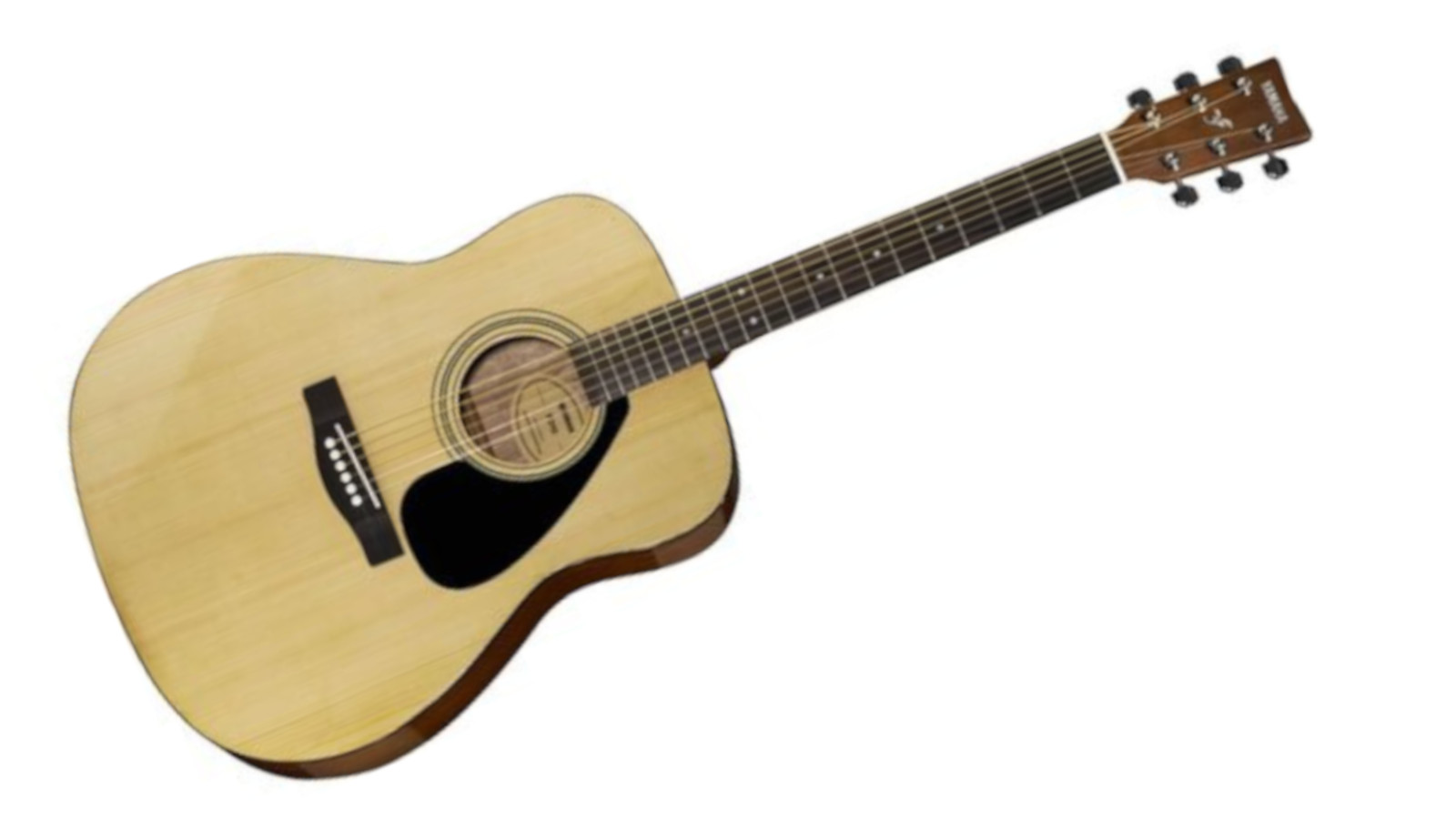
3. Yamaha F310
Our expert review:
Specifications
Reasons to buy
Reasons to avoid
The Yamaha F310 is one of the best-selling acoustic guitars on the planet and for good reason. This dreadnought-sized guitar is relatively large, so may not be ideal for younger players, but it does mean it can deliver a rich, full sound that projects brilliantly. It would certainly be a great beginner acoustic guitar for older learners.
It comes in a pack that includes all the accessories a beginner will need, including a gig bag, picks, clip-on tuner, strap, and some tools to help set up your instrument. It's everything you need to get up and running immediately, making it great for the beginner guitar player looking to take their first steps with the instrument.
Depending on where you're shopping you may see the F310 listed as the 'GigMaker Standard', so keep an eye out for that. Overall, we love how affordable the F310 is; around $200 for a well-made, excellent-sounding guitar from one of the most trusted brands in the industry. What’s not to like?
Best electro-acoustic
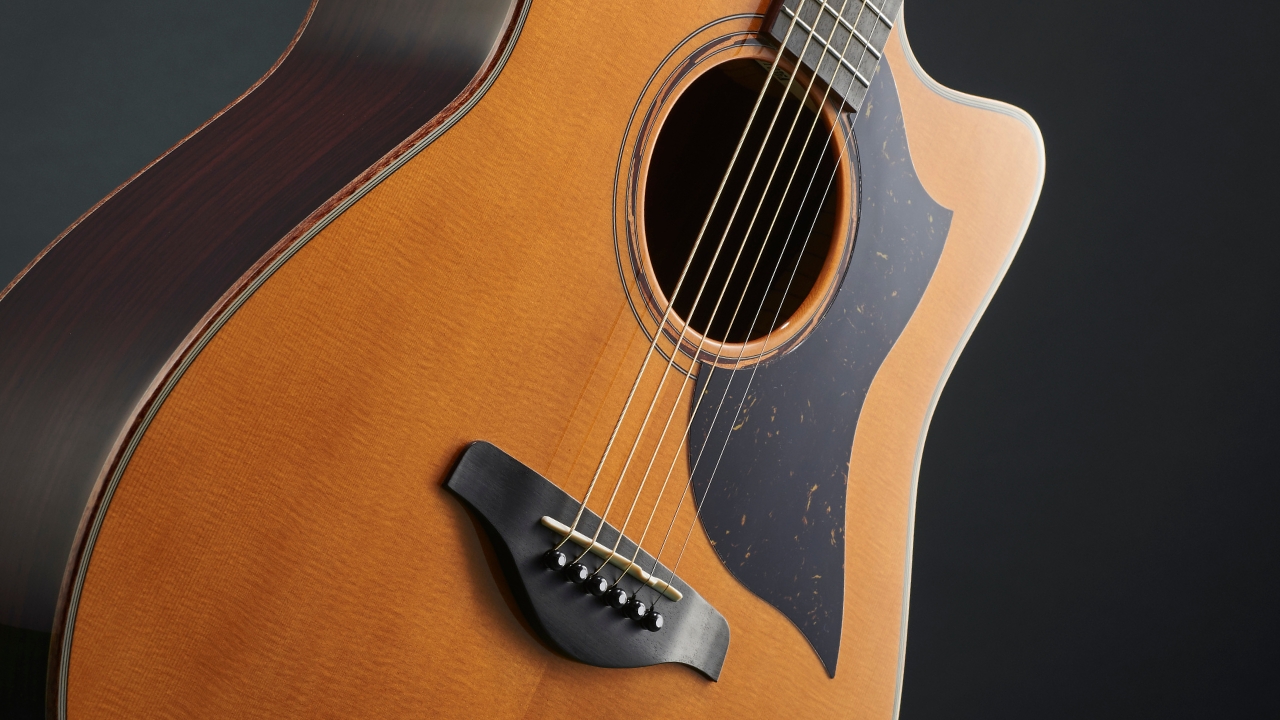
4. Yamaha A5R ARE
Our expert review:
Specifications
Reasons to buy
Reasons to avoid
Despite having such a strong reputation in the beginner to intermediate markets, Yamaha also has a phenomenal range of mid-tier acoustics. The Yamaha A5R ARE is a superb concert-sized acoustic, which benefits from Yamaha’s ‘Acoustic Resonance Enhancement’ – the Japanese company's take on torrefaction.
This gives this acoustic a very mature sound despite it being brand new. It's subtle, but offers some extra vintage warmth to the sound and look of the guitar. The all-solid construction delivers a beautiful unplugged tone, combined with the scalloped bracing that encourages a strong midrange.
The SRT2 preamp is where the magic happens with this guitar though. Blending your piezo tone with a simulated microphone sound, it delivers some of the best plugged in acoustic tones we've ever heard. With an option for a Neumann condenser or Royer ribbon mic, whether you're recording at home or playing live you can get some fantastic tones. Clearly, this isn’t a cheap guitar, but if you’re looking for a sound investment model then the A5R is a very strong option.
Best for practice
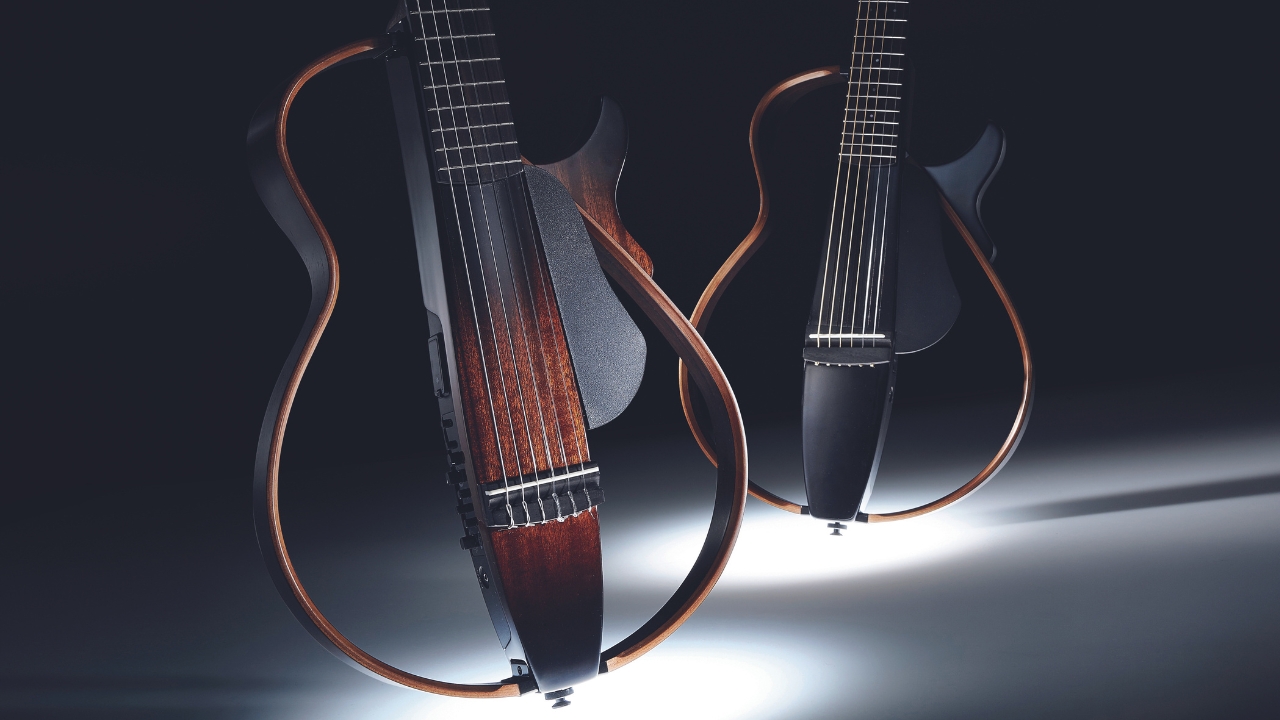
5. Yamaha SLG200S
Our expert review:
Specifications
Reasons to buy
Reasons to avoid
If there’s one thing acoustic guitars generally aren’t, it’s quiet. Enter the Yamaha SLG200S. SLG stands for ‘silent guitar’, and that’s exactly what this is. The SLG200S effectively matches up an under-saddle piezo pickup with a mic modeling preamp section, giving you a huge range of tones with which to play any number of genres.
Additionally, being as close to a tech guitar as it gets, the SLG200S also comes complete with a set of effects and an auxiliary input for piping your phone through. It makes a brilliant option for silent practice, delivering a fantastic tone that won't disturb anyone else in your household.
It's available in a nylon-strung version if you prefer classical guitars, as well as a range of cool finishes. The looks might not be to everyone’s taste, but we think this is a solid option for home practice or for anyone who thinks the guitar world doesn’t know how to be innovative.
Best nylon-string
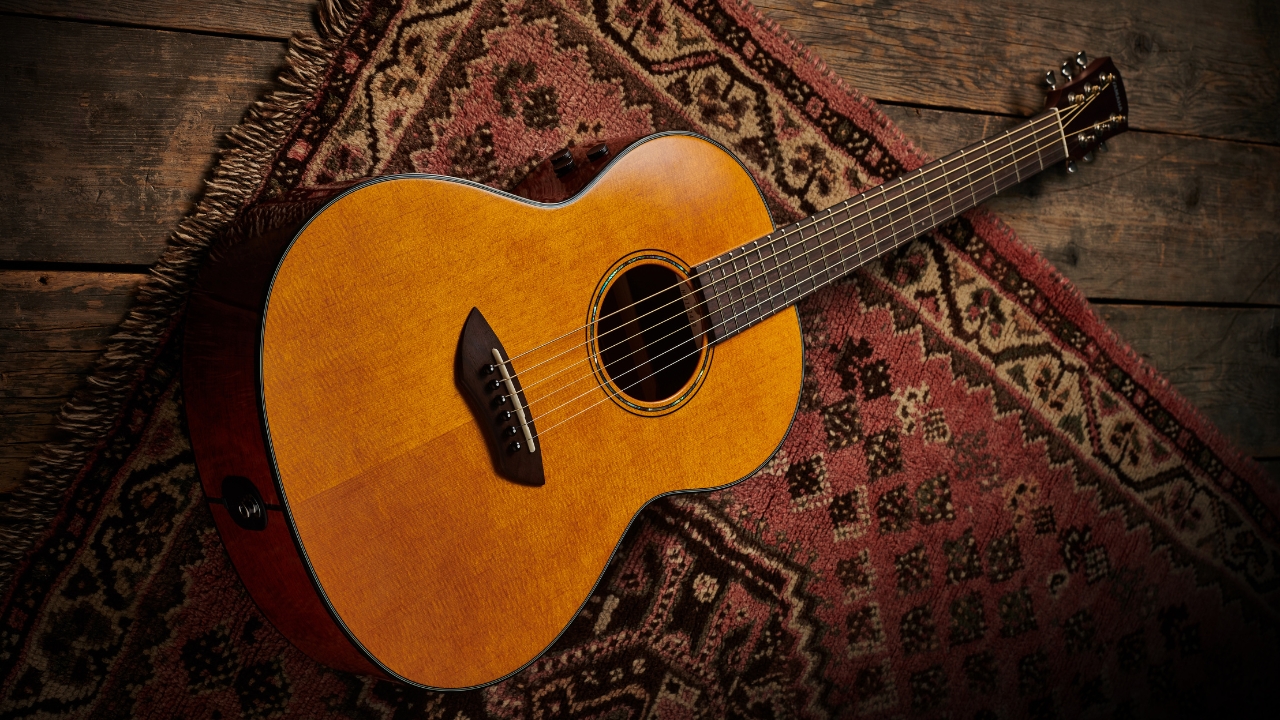
6. Yamaha CSF-TA
Our expert review:
Specifications
Reasons to buy
Reasons to avoid
We couldn’t create a list of the best Yamaha acoustic guitars and not include the Yamaha CSF. This classical guitar is the perfect accompaniment for fingerstyle, thanks to its wider fretboard and low action, which makes those awkwardly stretched arpeggios a breeze.
The TransAcoustic technology is absolutely amazing, adding effects to your tone even though it's not plugged into anything. An internal microphone captures the sound of your guitar and adds chorus, reverb, or delay to your tone in real-time, resulting in a slightly unreal feeling as you play acoustically. It's absolutely brilliant though, and once you've heard it for yourself you'll no doubt be hooked.
Unplugged, you’ll find it’s not the loudest or most resonant guitar you’ve ever heard, but plugged in all that melts away. With both a piezo pickup and a preamp system, there is real versatility in its tonal output depending on the situation, making this a really interesting option for studio or stage. It’s even got a couple of effects for sculpting your sound. Neat!
More options...
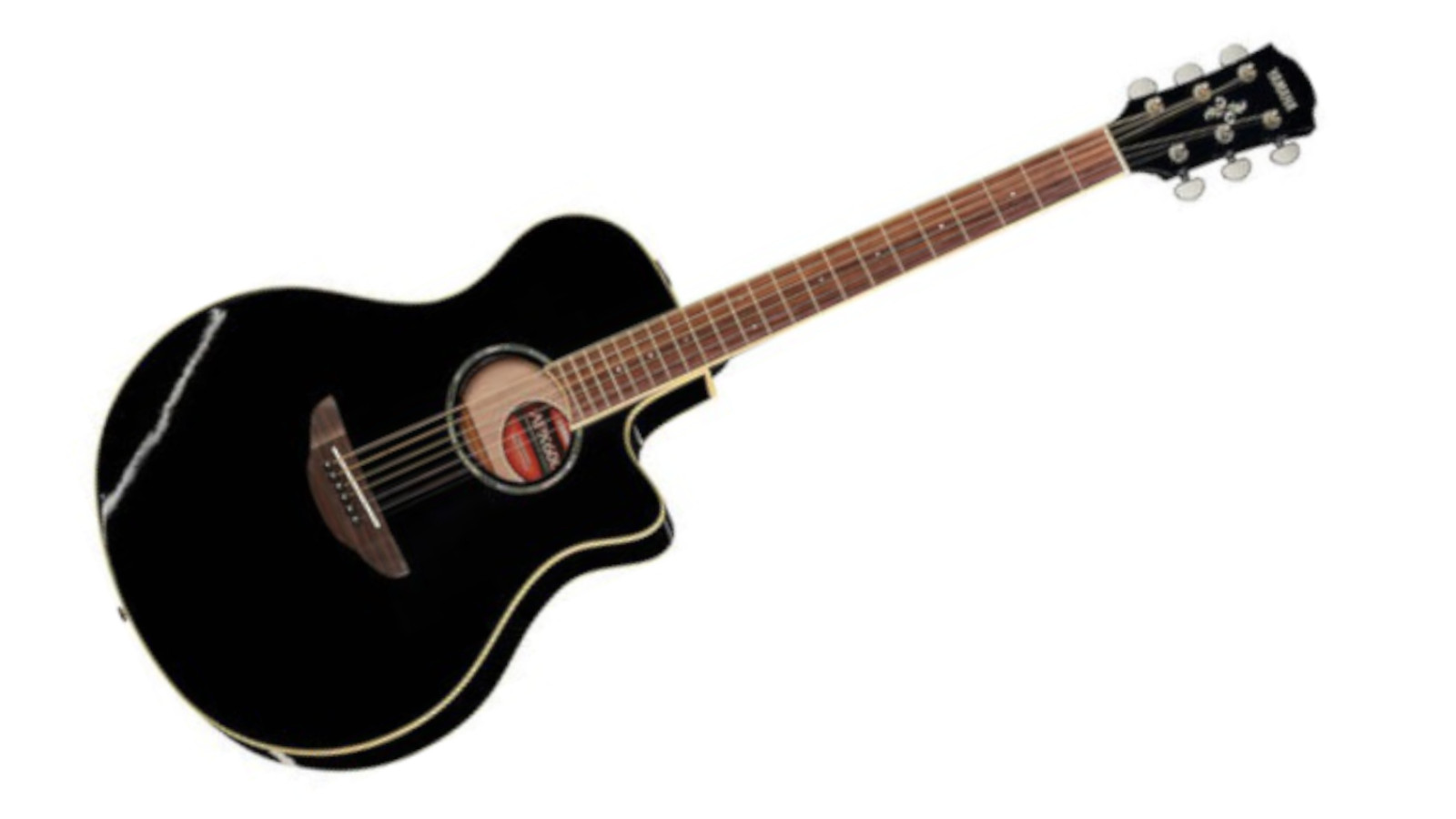
7. Yamaha APX600
Our expert review:
Specifications
Reasons to buy
Reasons to avoid
As a concert-sized guitar, the Yamaha APX600 is quite a bit smaller than a dreadnought, which makes it perfect for younger players or anyone with smaller hands. We’ve seen the APX series work well with players who perhaps started to learn when they were younger but got put off by the horrible learner guitars at school. Compared to those, the APX600 will feel like a different beast altogether.
The choice of a solid spruce top with laminate back and sides means it both projects its sound well and is durable enough to take the odd knock or two. The body is nice and thin which adds to playing comfort, all though it does suffer a little in the volume stakes because of this, and can get overwhelmed under heavy strumming.
The onboard electronics are solid if unspectacular, but the built-in tuner is super handy, especially for beginner players who haven't yet learned to tune by ear. As a choice for younger or beginner guitar players that won’t break the bank, the Yamaha APX600 is easy to recommend.
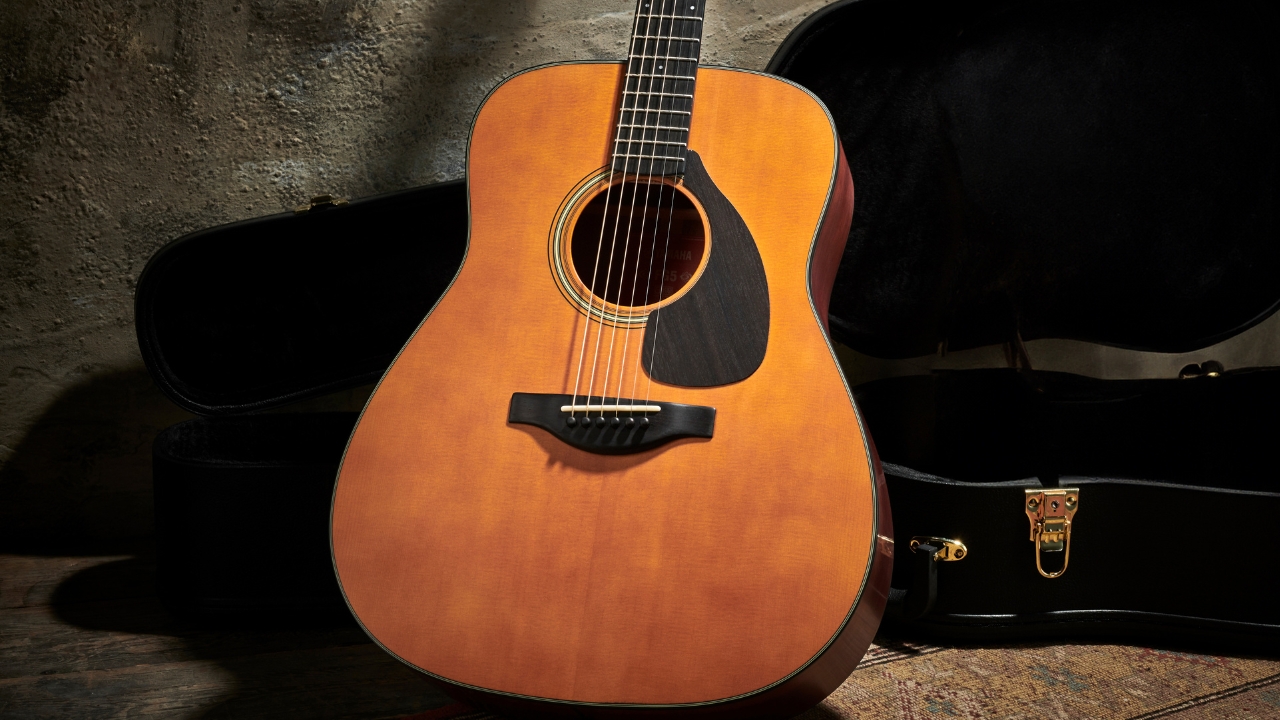
8. Yamaha FG5
Our expert review:
Specifications
Reasons to buy
Reasons to avoid
For folk music styles, the Yamaha FG5 is a great option, and not just because the FG in its name actually stands for ‘folk guitar’. These larger dreadnought styles are made for wonderfully rich, projected sounds that match sparkling highs with velvety low tones.
The top has been subject to Yamaha's ARE process, which is similar to what other manufacturers call Torrefaction. A treatment process that artificially ages the wood, it gives this acoustic a warmer and more mature sound. It reacts well to both fingerstyle and strumming with plenty of shimmer on the chords and a nice balance of bass and treble.
You’ll find the action on these guitars is low enough to make them easy to play, and the choice of solid woods for the body means it will last you a lifetime if it’s looked after.
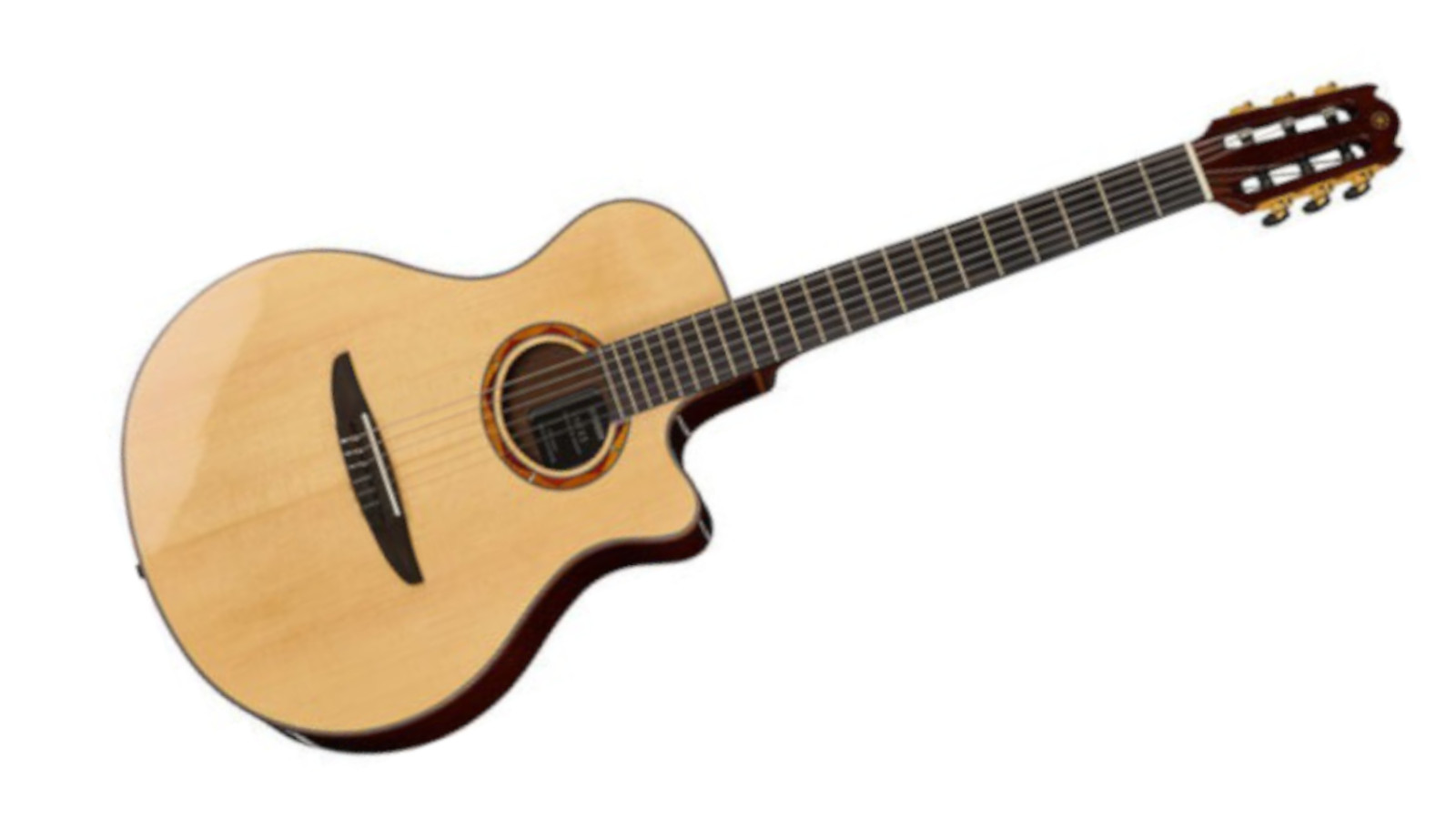
9. Yamaha NTX3
Our expert review:
Specifications
Reasons to buy
Reasons to avoid
The Yamaha NTX-3NT is a marvel when it comes to versatility. Its ‘Atmosfeel’ pickup system (Yamaha must have a field day coming up with these names) combines an undersaddle pickup with a tiny microphone to give players a range of sounds to choose from.
The thinline body makes it ideal for smaller players, and we found ours to be set up perfectly out of the box for fingerstyles. The cutaway offers easy access to the upper frets, and being able to plug it in offers some interesting sound options if you want to add some pedals to your sound.
The all-solid tonewood construction puts the price of this guitar above the beginner category but it's not so pricey as to be out of reach for many players. As a tool on which to develop and progress your craft, the Yamaha NTX-3NT is a superb choice.
Buying advice
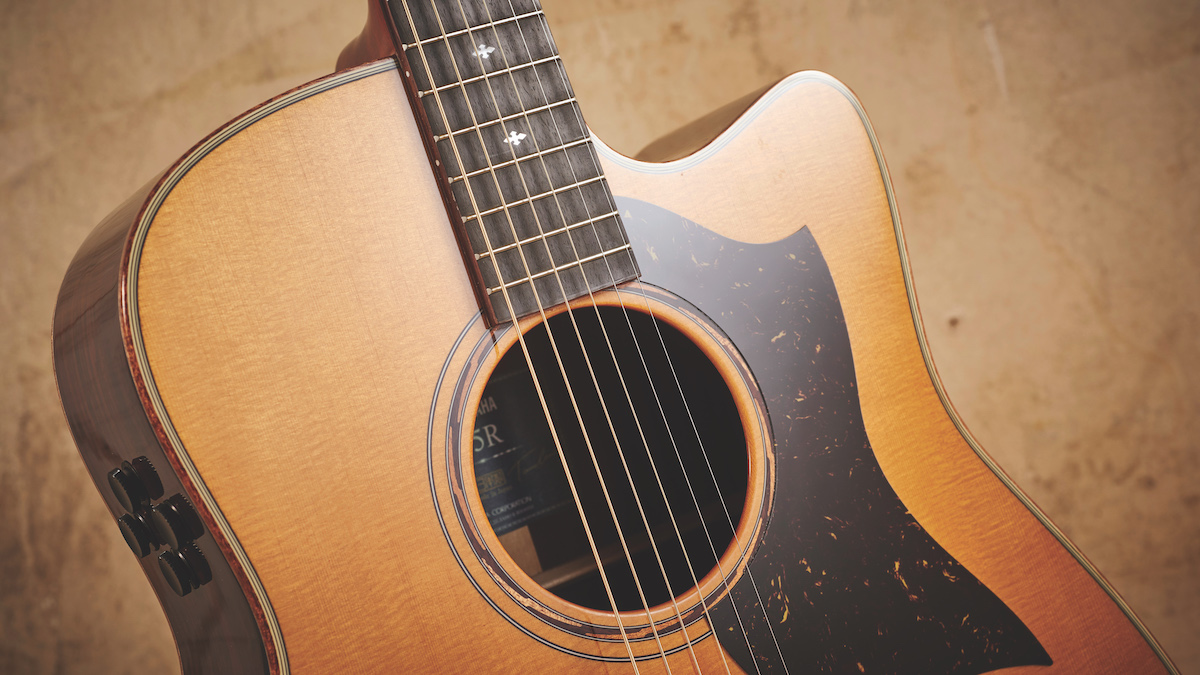
How to choose the best Yamaha acoustic for you
You can trust Guitar World
When choosing a Yamaha acoustic guitar, there are several factors to consider to ensure you find the perfect instrument that meets your needs. With its commitment to quality and innovation, Yamaha offers a diverse range of models designed to cater to various playing styles and musical genres.
Which body style is right for me?
One of the first aspects to consider is the body style of the guitar. Yamaha offers popular options such as dreadnought, concert, and orchestra models. Each body style produces a distinct sound, so it's essential to select one that complements your playing style and tonal preferences.
Yamaha acoustic models explained
Next, familiarize yourself with the different model names in Yamaha's acoustic guitar lineup. They have a comprehensive range that includes models like the Yamaha FG Series, LL Series, and APX Series, each with its unique features and characteristics. The FG Series, for example, is renowned for its affordability and playability, making it an excellent choice for beginners and casual players. The LL Series, on the other hand, boasts premium tonewoods and meticulous craftsmanship, catering to advanced players seeking exceptional sound and build quality.
Yamaha is known for its attention to detail, ensuring that its guitars deliver a superior playing experience. Look for features like scalloped bracing, which enhances the guitar's responsiveness and tonal clarity. Additionally, Yamaha's dedication to innovation is exemplified by its advanced electronics systems, found in models like the APX Series, which offer outstanding amplified sound for live performances and recording sessions.
Tonewoods
In terms of tonal versatility, Yamaha guitars often feature solid tops made from high-quality tonewoods such as spruce, cedar, and mahogany. These tonewoods contribute to the guitar's resonance, projection, and overall tonal character. Additionally, pay attention to the neck profile and fingerboard material, as these factors greatly influence playability and comfort.
How much should I spend on a Yamaha acoustic guitar?
Lastly, it's essential to consider your budget. Yamaha provides a range of options at various price points, ensuring there's something for everyone. While higher-end models may offer premium features and tonewoods, even the company's more affordable guitars maintain excellent playability and sound quality.
By considering these factors and exploring the Yamaha acoustic guitar range, you can make an informed decision and find the perfect instrument that resonates with your musical journey. Yamaha's commitment to craftsmanship and its understanding of musicians' needs make its acoustic guitars a compelling choice for guitarists of all levels.
How we test
Our writing team here at Guitar World has tested countless acoustic guitars over the years, and draw on our experience using acoustic guitars in live, recording, and rehearsal scenarios to pull together this list of the best Yamaha acoustic guitars.
When looking at a Yamaha acoustic guitar we'll be doing the same process as we would use to test any acoustic. Starting our testing process we'll look at the build quality of the instrument. We want to see if there are any cosmetic issues, or any issues with the actual construction of the guitar. This could be sharp fret ends, poorly installed components, warped necks, or loose tuning machines.
Once it's passed a visual inspection, we'll then begin playing the guitar. First impressions are important, so throughout the process, we'll be noting down our findings to inform the full review. We're looking here to see how well the guitar plays, whether or not chords are comfortable, how the upper fret access is, and the string height of the guitar. Playability is a big part of any instrument, so we want to see that the guitar instantly feels comfortable in our hands.
Next, we'll look at the sound, arguably the most important aspect of any instrument. With acoustic guitars it's particularly important to pay attention to the natural sound across the frequency spectrum. Is the low-end cloudy or nice and articulate? Are the mids scooped or does it have a punchy tone? Are the highs shimmery or is it lacking a bit here?
We'll try it with various playing styles including hard strumming, fingerstyle, and hybrid picking, noting how it reacts under different levels of playing dynamics too. Some acoustics are designed for particular playing styles, so of course we'll take this into account, but ideally, we're looking for a guitar that can handle a variety of styles.
Read more about our rating system, how we choose the gear we feature, and exactly how we test each product.
Related buyer's guides
- Best Martin guitars: legendary acoustics, ranked
- Best Fender acoustic guitars: Our top picks from the range
- Freshen up your guitar with the best acoustic guitar strings
Get The Pick Newsletter
All the latest guitar news, interviews, lessons, reviews, deals and more, direct to your inbox!
Chris Corfield is a journalist with over 12 years of experience writing for some of the music world's biggest brands including Orange Amplification, MusicRadar, Guitar World, Total Guitar and Dawsons Music. Chris loves getting nerdy about everything from guitar gear and synths, to microphones and music production hardware.
- Matt McCrackenJunior Deals Writer
“Among the most sought-after of all rhythm guitars… a power and projection unsurpassed by any other archtop”: Stromberg has made a long-awaited comeback, and we got our hands on its new Master 400 – a holy grail archtop with a price to match
The heaviest acoustic guitar ever made? Two budding builders craft an acoustic entirely from concrete because they “thought the idea was really funny”

